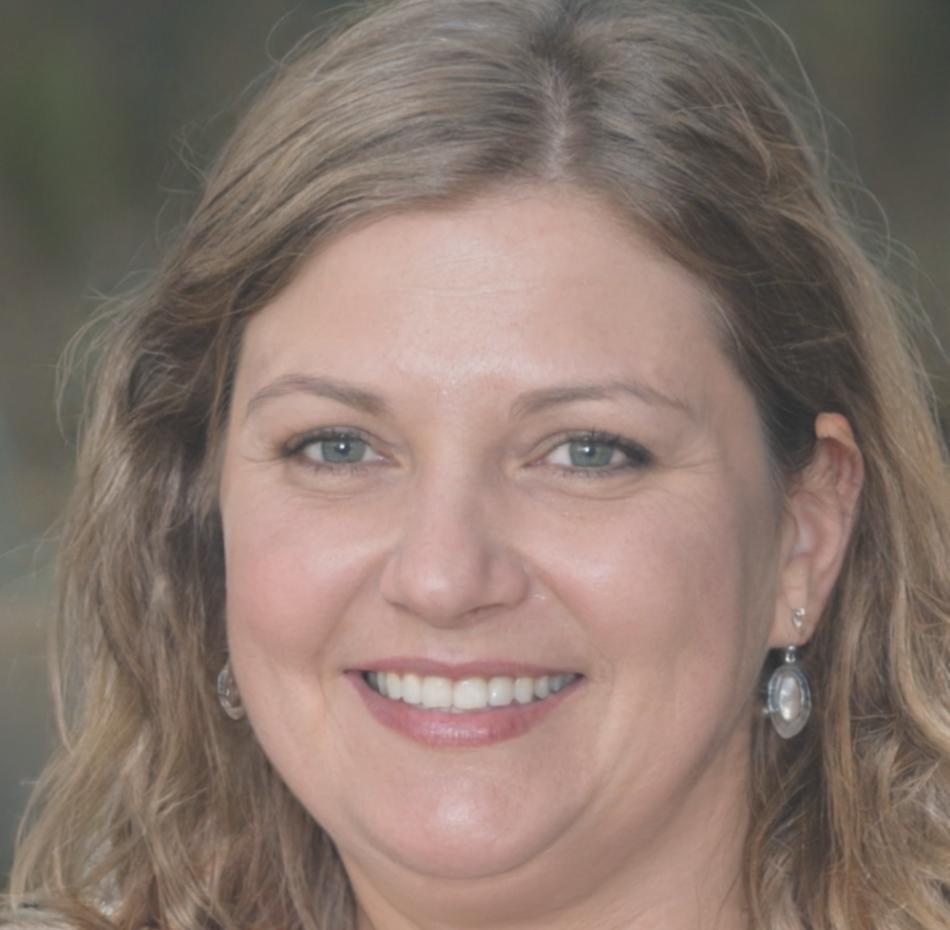Financial Analysis Training for Your Team
Most finance professionals can read a balance sheet. But can they compare three companies in fifteen minutes and spot the real differences?
We've worked with teams at manufacturing firms, retail groups, and advisory practices across Australia since 2019. The pattern is always the same – people have the technical knowledge but struggle when they need to make quick, confident comparisons.
Our corporate programs focus on comparative analysis because that's where real decisions happen. Not in isolation, but when you're weighing options against each other.

What Your Team Actually Gets
Faster Decision Support
Your analysts spend less time gathering data and more time interpreting it. We teach frameworks that work under pressure, not just in perfect conditions.
Cross-Sector Comparison
Different industries report differently. We cover how to make fair comparisons when companies operate under different accounting standards or business models.
Red Flag Recognition
Some warning signs are subtle. Training includes pattern recognition for the stuff that doesn't show up in standard ratio analysis but matters in real scenarios.
Client Communication
Technical accuracy means nothing if you can't explain it. We work on translating complex comparisons into clear recommendations for non-financial stakeholders.
Tool Integration
Most teams already use Bloomberg, FactSet, or other platforms. We show how to extract comparison data efficiently rather than teaching new software from scratch.
Scenario Modeling
When you're comparing potential investments or partnerships, historical data is just the start. We cover forward-looking comparison techniques that account for different strategic paths.
How We Structure Training
Initial Assessment
We start by understanding what your team already knows and where they get stuck. This isn't a generic questionnaire – it's a 90-minute conversation about your actual workflow and the decisions your people need to support.
Custom Case Development
Generic examples don't stick. We build training cases around companies similar to what your team analyses. If you work mainly with mid-market manufacturers, that's what we use. If it's retail, we adjust accordingly.
Interactive Sessions
Training runs in half-day blocks over several weeks rather than cramming everything into two days. People need time to apply concepts between sessions. Each module builds on work done since the last meeting.
Post-Training Support
Three months after the formal program ends, we check back. Questions come up when people apply new methods to edge cases. This follow-up is included, not an extra charge.

Our investment committee was drowning in data but still making gut-level decisions. After working with kamrelonix's team, we have a consistent framework that everyone uses. It doesn't make decisions for us, but it surfaces the right questions much faster than before.

Starting a Corporate Program
We're scheduling corporate training cohorts for October through December 2025. Programs typically run six to eight weeks depending on team size and existing skill levels.
Discovery Call
30-minute conversation about your team's current capabilities and where you want them to be.
Proposal
We send a detailed outline including case topics, session schedule, and pricing within five business days.
Kickoff Meeting
First session where we review objectives with the full team and establish baseline knowledge areas.
Program Delivery
Weekly or fortnightly sessions over six to eight weeks, with practical assignments between meetings.
